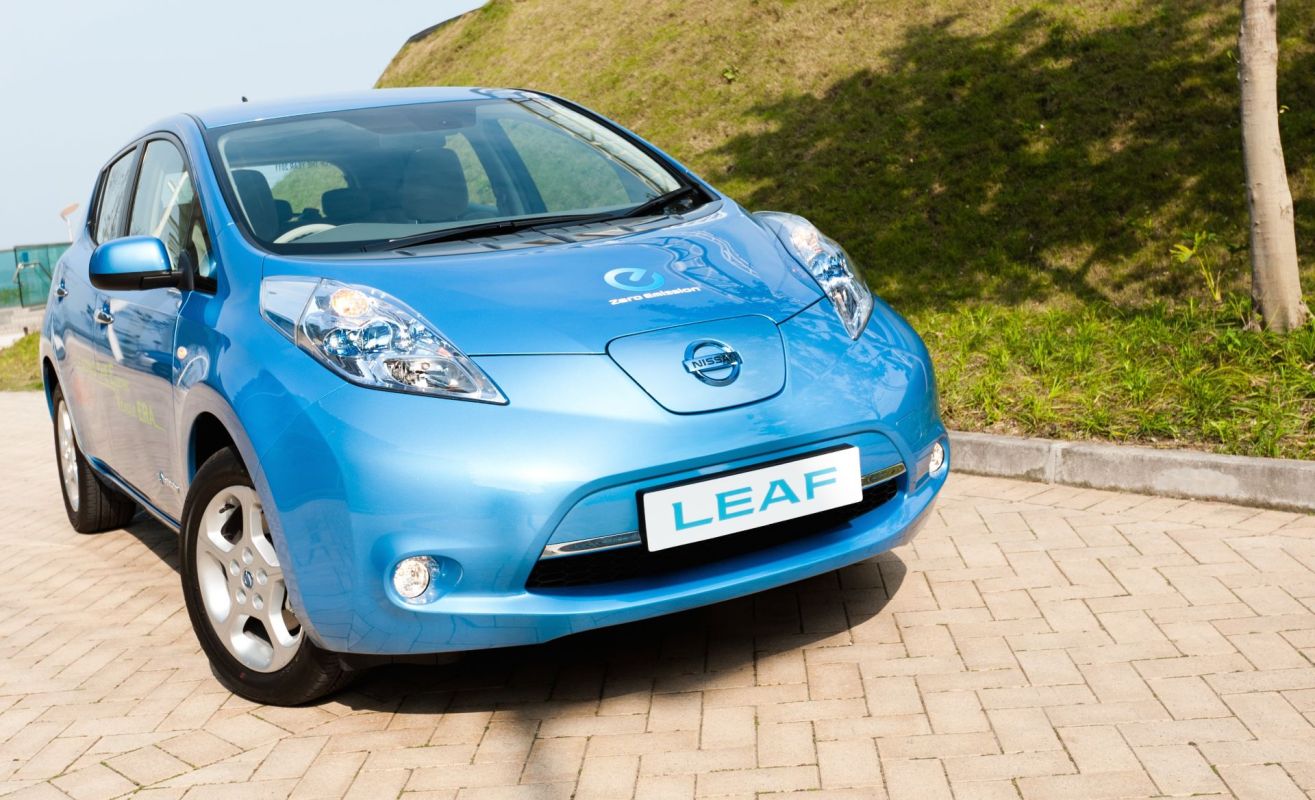Sometimes it seems like a monthly utility bill can cost an arm and a leg. But what if your bill actually gave you money back? One entrepreneurial Australian winemaker figured out how to do just that with his electricity bill.
Joseph Evans, a vineyard owner located in Australia's Barossa Valley, was able to drastically reduce his electricity costs by installing a rooftop solar system. This renewable energy source was able to power his property during daylight hours and immediately took around $2,800 off his annual bill, which was at about $4,200 previously.
However, cutting his electricity bill down to approximately $1,400 a year wasn't enough for Evans.
At the end of 2022, South Australia approved vehicle-to-grid charger installations. A Vehicle to Grid (V2G) charging station is a type of electric vehicle charging infrastructure that allows electric vehicles (EVs) to charge from, and discharge electricity into, the grid.
This creates a bidirectional flow of energy between EVs and the grid, enabling EVs to act as a source of energy storage. This can help to balance grid demand, improve grid efficiency, and reduce the need for traditional energy storage systems.
Evans took advantage of this new infrastructure, using the 40-kilowatt battery pack of his Nissan Leaf to send electricity back into Australia's national power grid. This allowed him to turn a profit of about $35 per week, amounting to more than $1,800 a year.
Not only has he managed to meet all his power needs, but at the end of each week, he's able to check how much money he's earned from his electricity supplier, rather than how much he owes.
Saving money is a huge bonus, but renewable energy can be seen as a gift that keeps on giving. Renewable energy is better for the planet because it reduces the amount of air-polluting gas produced from traditional, planet-warming energy sources, like oil and gas. This helps to mitigate the negative impacts of energy production and preserve the planet for future generations.
Additionally, renewable energy sources like solar, wind, and hydropower are abundant, sustainable, and produce no air pollution or toxic waste. Furthermore, their use decreases the world's dependence on finite resources like oil, natural gas, and coal, which will eventually run out.
Hopefully, we'll all be able to follow in Joseph Evans' footsteps sooner rather than later.
Join our free newsletter for cool news and actionable info that makes it easy to help yourself while helping the planet.









